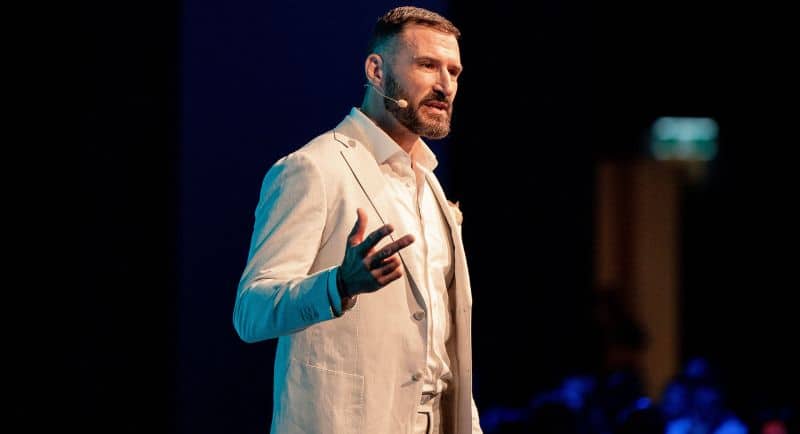Australian Association of National Advertisers’ (AANA) chief executive officer Josh Faulks has rejected claims its draft greenwashing policy is virtue-signalling for the industry, insisting it is a vital move to weather the “perfect storm brewing around environmental claims.”
The peak advocacy body released the exposure draft of its Environmental Claims Code for public review two weeks ago and has been met with the expected mixed response of support and criticism from various sectors, with some suggesting the anti-greenwashing legislation is more about protecting the advertising industry from government regulation than tackling the issue.
Faulks told Mediaweek the code not only offers a solution that will restore the faith of disillusioned consumers in the advertising industry but also plays a crucial role in re-establishing the consumer voice in the important conversation around moving towards a more sustainable and low-carbon future.
“The angle that’s often missed is that this isn’t a responsibility of just the industry, or just the government,” said Faulks.
“It really is the government, industry and consumers working together to create an environment that enables and not only overly restricts the important conversation we need to have.
“Consumers are increasingly more interested in the environmental credentials of the brands in which they are looking to purchase.
“I think that is a good thing that the consumers are demanding. As part of that, the industry needs to move as well, and that’s what we’re doing.”
See also:
AANA targets greenwashing practices in advertising, CEO Josh Faulks declares, “it’s critical.”
ASIC commits to continue greenwashing crackdown in 2024
According to Faulks, the AANA is actively pushing to progress its claims code in response to a number of external factors, only one of which is the Australian Competition and Consumer Commission (ACCC) and Australian Securities and Investments Commission (ASIC)’s intensified crackdown on greenwashing. Others include AANA community expectations and standards surrounding greenwashing, as well as keeping up with shifting international best practices.
Faulks contended that the renewal of the self-regulatory Environmental Code is an initiative aimed at ensuring the ongoing relevance and longevity of the Australian advertising industry, and the brands they represent, in the eyes of the consumers they aspire to reach.
He stated, “Our role is clear: we need to work with the government, the public, and the industry to create the standard that achieves the two objectives of building trust, and getting clear guidance to the industry and businesses.”
The AANA’s exposure draft is open for public comment until 5pm on Friday, March 22, 2024.
See also: AANA Environmental Claims Code exposure draft met with response from Comms Declare
–
Top Image: Josh Faulks
